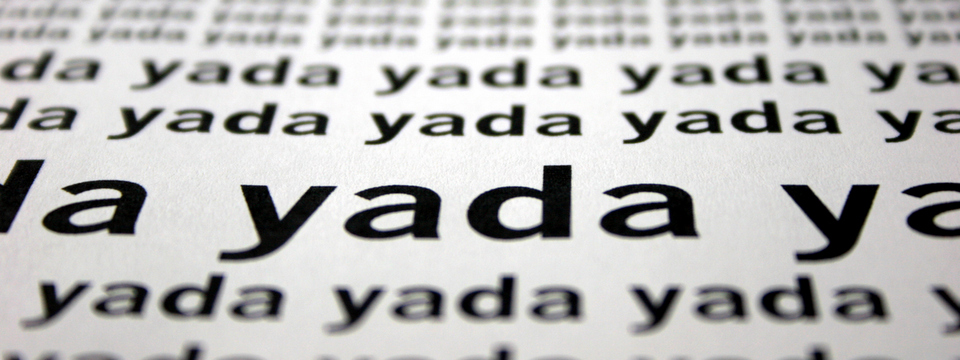You perhaps won’t be entirely surprised to learn that I wrote this on a plane. And, yes, I was sneaking a look. Just being silly but it passed the time…
It started innocently enough with a simple observation. A well turned out professional gent or lady, sitting on a plane would, by necessity carry on their work of the day in the sky. Piles of papers ( as the Dude would have it “business papers” ) would emerge from bags, laptops would flip open or, as is the modern way, tablets would ping to life like energetic placemats.
A bored passenger sitting aside them, bereft of purpose, would, also by necessity, find themselves catching glimpses of the work of their fellow weary traveller. Usually, it would be dull. Sales figures for refrigerator parts. A description of the latest and greatest the annuities market has to offer. But, on occasion they would see some magical words like “private” or “strictly in confidence” and their interest would go from casual boredom aversion to piqued and intently curious.
And so secrets spread. Small, inconsequential ones at best but the right eyes on the wrong material and the impact could often be greater. And, given the sheer number of these encounters, major leaks were inevitable. If Cabinet ministers were dumb enough to allow the work of the government be photographed in the street, people on planes would always feel inclined to expose their wares in the seemingly private cocoon of a pressurised metal tube.
After a few high profile incidents resulted in embarrassed, sackings and attendances at court the focus on this behavior became heightened. Company policies were re-written, tightened with ever-spiralling Draconian measures for non-compliance. Tech companies jumped on the bandwagon and produced an app and glasses combo that encrypted the screen so only the wearer of the glasses could read the screen. Aside from making the wearer look like a jackass, it was proved they also caused headaches and, in one case, a disputed, yet still fatal, aneurism, that saw that particular form of paranoia driven technology removed from sale.
But, alas, human nature continued to win out. People imbued with a false “it couldn’t happen to me” confidence continued to expose their wares on planes. They were sacked, obviously, but given they had to be sworn to secrecy in the subsequent compromise agreement, they usually found it quite easy to get another job. “I can’t imagine why they let you go” *snigger*.
Something had to be done.
On one particularly drunken night in Davos, a group of highly influential and immensely wealthy gin-soaked industrialists were sharing their stories of embarrassing airborne leaks.
“No, not those ones.” *exaggerated guffaw*
After 30 minutes of loud wailing that could be easily summarised with “idiot minions” one particularly rotund individual crashed into an unexpected idea.
“If we can’t stop it, why don’t we just make shit up.”
They laughed. The laughter died down. Someone ordered coffee.
And so, in that moment, the Campaign for Misinformation on Planes was born. They all agreed to fund it with 1 million Euros a year, a very healthy pot in total. With this they would create two groups of individuals. One group would make up false materials, an SOE for the modern age. The second group would have the loyalty points laden task of simply flying about and reading it on planes. Obviously, they couldn’t know this so they were sent round a complex global network to discuss the false materials with the people who had created it in the first place. It wasn’t that difficult as wandering round the globe talking about things that people didn’t really understand or believe was a fair approximation to any number of job descriptions.
They would know it was working when the first of their falsehoods made it out into the media. All they had to do was leap on it, vehemently discredit it, destroy the reputation of the source and wait to do it all over again. Before too long, no sensible journalist would ever use a lead from anything read on a plane ever again.
It didn’t quite work out like that. But they persevered.
After they had started the first war the group had shared a few “was that us? :-)” messages but hadn’t really considered stopping. The money was an irrelevance, the night in Davos was a lifetime ago. But then it happened. They caused an almighty stock crash. Worry became fear, fear became panic and before anyone knew what was happening lots of people were losing shed loads of cash. One of those really big sheds you can fit billions in. War was one thing but this was now serious.
So they set about closing down the Campaign for the Misinformation on Planes. Except, they couldn’t find it. They had done such a good job of hiding it inside their immense organisations that it became impossible to distinguish between the people doing real work and people just making stuff up for a living. Obviously, they couldn’t admit to what they had done, they couldn’t send an email round the whole company asking the people who were just making stuff up to stick their hand up. What if everyone did?
And so we arrive at the present day. The Campaign is still among us. People are still making up nonsense for living and you have no way of working out if what you read on a plane is true or not. In fact, as deep rooted as this no is within the business world, the thing you are working on now may be part of that same elaborate game. Perhaps it compromises the economy, perhaps it is the economy. Have you ever looked at what you’re doing and thought “This doesn’t make any sense?” – well maybe now you know why.




